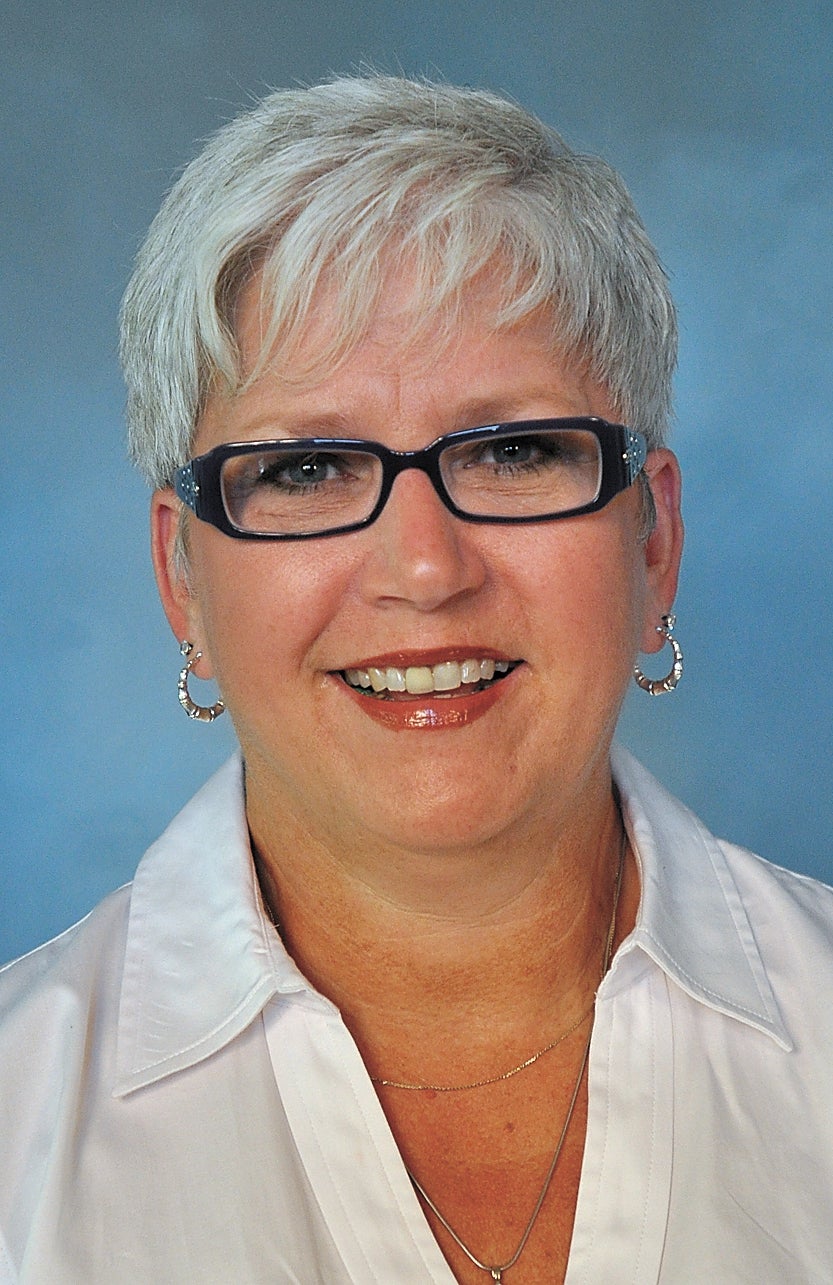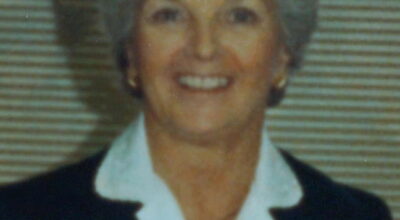Let us raise our heads to peace, love
Published 12:45 pm Monday, November 28, 2016

- Lisa Johns
On this beautiful November morning, the sun shines through my recently washed windows. I am making stew for my church dinner at St. Hubert’s Episcopal Church. The smell of beef, onion, and garlic waft through the house.
I know the wind is blowing slightly as the chimes in my flower garden are sending out a melody I can hear from the living room. It is a day filled with surprises.
I used to take little things for granted and still do, but this morning while continuing the preparations for the stew, a song pops into my head. An obscure song. It is a song I had not thought about for years. Many years. It is a song from my high school years in 1975.
I was 17. I had suffered the angst of breaking up with my high school boyfriend. I watched my sister marry at a young age. I was trying to decide if I wanted to attend college. What did I want to be when I grew up? Did my parents have the money?
Janis Ian was a young person as well. She wrote the song, “At Seventeen.” The song was a tribute to the girls who were the outcasts. The girls who sat alone in cafeterias, ate lunch in the libraries, or in my case, across the brick wall outside. It was the ‘70s. We smoked cigarettes outside on the porches of Paul G. Blazer High School. We called our parents on the pay phone to bring us lunch from the Dairy Cheer. We drank coffee from tin cans in Jerry Raisor’s art class. We were searching for our place in the world —not really much different from today.
“I learned the truth at seventeen
That love was meant for beauty queens
And high school girls with clear skinned smiles
Who married young and then retired” (At Seventeen, 1975)
This song ran through my head while I sat drinking my midmorning coffee. It consumed me. Call it a cosmic wink. Call it a gift from God. Call it the universe calling out to me. I ran to my phone and Googled the song. It startled me to hear her singing the song that was a fragment of my adolescence. But more importantly, what a sacrifice and struggle Janis Ian made during her young life.
At age 15, she changed the music of our youth. She wrote a song that turned the world upside down. So much, her song was banned by radio stations across America. Her song was “Society’s Child” and it explored interracial dating. The young man comes to her house and is not allowed inside. Her friends meet him and tell her to “stick to her own kind.” The teachers at her school make comments and look down on this relationship. She finally succumbs to the pressure and ends the relationship with the young man. The song was a hit as much as it could be during the late 1960s.
Don’t ask me why I researched Janis Ian or the song, “Society’s Child.” Perhaps it is a hope of mine that one day we will look beyond gender, color, nationality, and sexual preference and just send out love.
Perhaps it is the fact that a 15-year-old girl stood on stage and sang when people yelled derogatory names at her and she refused to let those people win to silence her voice. Perhaps it is the fact that we must embrace and respect differing viewpoints. We must do all these right and good things and love one another. As Ian says:
“One of these days I’m gonna stop my listenin’
Gonna raise my head up high
One of these days I’m gonna raise my glistenin’
Wings and fly” (from Society’s Child, 1965)
Let us raise our heads toward peace and love and light.
Lisa Johns is a former teacher and librarian as well as an activist fo revitalizing downtown Winchester.





